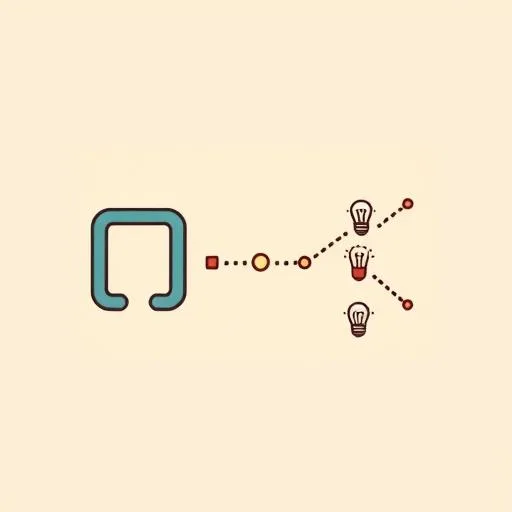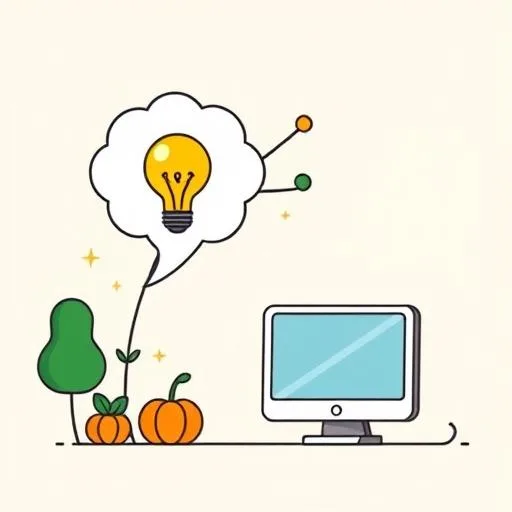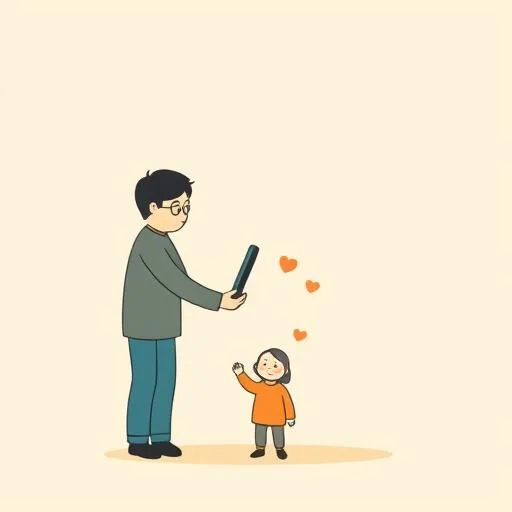
Let’s be real for a second—watching our kids grow up in a world racing toward AI feels a little like standing in front of a fast-moving train. Am I excited? Absolutely. Am I also a little worried about what it means for their creativity, their future, and even their sense of self? Yep, that too.
But here’s what I keep coming back to: I remember watching my child build with blocks one afternoon, completely absorbed, her little hands piecing together something only she could imagine. No step-by-step guide, no YouTube tutorial—just pure, unfiltered creativity. And that’s when it clicked. AI isn’t here to take that away. If anything, it could make space for even more of it.
Enter agentic coding—the next wave of AI tools that don’t just complete code, but actually collaborate. Imagine your child sketching out a digital project, and instead of getting stuck or giving up, they have a smart assistant that *gets* what they’re trying to do and helps them push through. No lectures. No overwhelming jargon. Just a creative partner in the truest sense. And honestly? That’s kind of incredible.
So, What Is Agentic Coding Anyway?

Think of agentic coding as having a super-smart teammate who doesn’t just crunch the numbers for you, but actually understands the vision. Tools like Claude Code aren’t just filling in blanks—they’re mapping entire projects, anticipating what you need next, and making suggestions that actually make sense in context.
You know that moment when your kid is doing a puzzle and suddenly asks for the right piece? That’s kind of what this feels like—but for creators, builders, and dreamers of all ages. Some developers using these tools report productivity jumps of up to 26%! Others take a bit longer to find their rhythm—just like kids learning to ride a bike. Some zoom off with training wheels, others need a few tries. And that’s totally okay. This isn’t about speed. It’s about making the process more joyful, more intuitive, and yes—more fun!
What Kids Need in a World with AI Buddies

Here’s the thing that gets me excited as a parent—agentic coding isn’t about replacing human creativity; it’s about shifting the focus back to what really matters. Turns out, around 79% of interactions with tools like Claude Code are for automation (like doing repetitive tasks), while just 21% are about true collaboration. That tells me something important.
The real value in the future won’t lie in knowing every command or syntax—it’ll be in knowing how to ask the right questions, see patterns, and dream up something no machine could imagine on its own. Those are the skills kids are building when they tell elaborate stories with stuffed animals or rearrange furniture for the tenth time “just because.” It’s all creative thinking in disguise, and it’s more powerful than we realize.
So, those tools? They handle the boring parts. Our kids get to focus on being curious, imaginative, and bold. That’s the future I want to help them build.
Finding the Balance (Spoiler: It’s Not About Banning Apps)

We’ve all been there—trying to balance screen time with real-life play, coding camps with cookie-baking sessions. It’s a juggling act, and honestly? There’s no perfect formula. But what I’ve noticed is this: the best balance isn’t about control. It’s about connection.
Interestingly, the research shows that newer or less experienced coders often see the *biggest* improvements when using AI tools. That’s a win for parents like us who aren’t coding experts! Our job isn’t to be the teacher. It’s to listen, ask thoughtful questions, and help our kids stay curious. “What if we tried it this way?” “What would happen if we changed this part?” Simple conversations like that are where real learning lives—whether it’s about building with blocks, making slime, or someday, writing their first app.
Our Role in This New Digital Playground

There was a time when smartphones felt like magic. Then they felt overwhelming. Now they’re just… part of life. AI tools are following a similar path, and that’s okay. The key is walking through it together.
Just like teaching a child to tie their shoes or cross the street, we start with support and slowly give them room to explore on their own. That’s exactly how we should treat these AI tools—as guides, not replacements. Our role isn’t to know everything. It’s to help them understand how to use these tools with wisdom, creativity, and kindness. After all, the most important thing we’re shaping isn’t their coding skills—it’s their character. And that’s a job no AI can take over.
As researchers at Anthropic shared, agentic coding is opening up new frontiers in how we create and collaborate. It’s not something to fear. It’s something to explore—with wonder, with questions, and with a whole lot of imagination.
